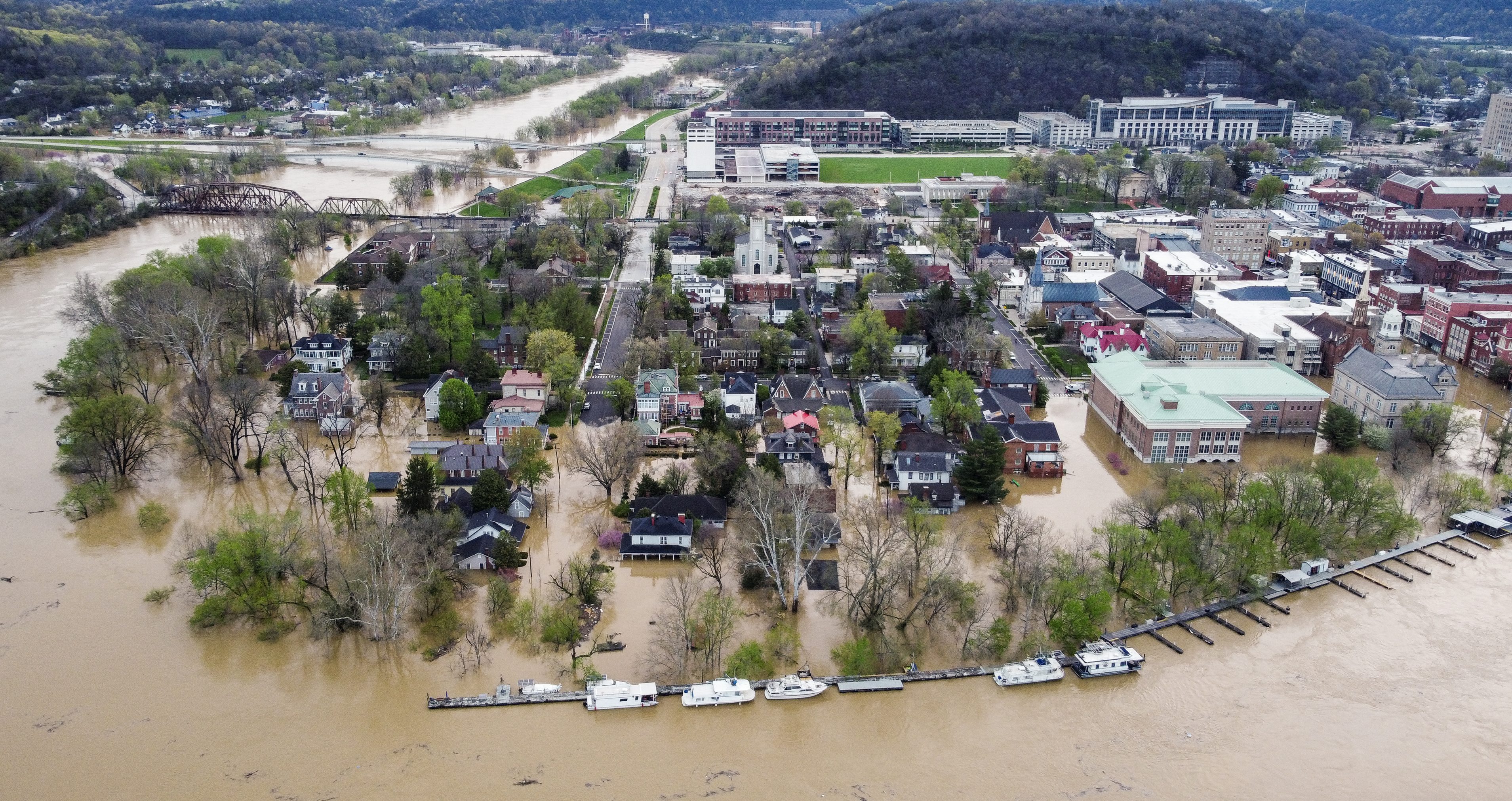NEW YORK - A key al-Qaida figure wanted by the FBI for the murder of 17 U.S. sailors aboard the USS Cole reportedly has resurfaced in Yemen despite reports two months ago that he had been killed in a CIA drone strike in Pakistan.
The apparent re-emergence of Fahd al Quso, defiant and healthy, shows yet again that some reports about the deaths of top terrorist targets in northwest Pakistan ultimately prove to be inaccurate. To prove that he is alive, al Quso permitted his photograph to be taken with Arafat Mudabish, a Yemeni journalist who interviewed him last week.
“As you see in the photo, he was fine,” Mudabish told NBC News in a telephone interview from Yemen. “He lives in an isolated mountain area where there is no Yemeni government presence. The tribesmen are protecting him. … His health was obviously good.”
U.S. and Yemeni officials did not dispute the authenticity of the interview with al Quso.
"We have every reason to believe he is alive," said a U.S. official, who spoke on the condition of anonymity. "Sadly, he is still causing trouble." A Yemeni official, who also asked not to be identified by name, said: "We never said he (al Quso) was killed. It was the Pakistanais and the Germans that said he was killed."
The official added that the Yemeni government has made two attempts to capture al Quso over the past year and will continue to do so.).
Al Quso has been a sore subject for U.S. officials for years and remains on the FBI’s “most wanted” terrorists list with a $5 million reward for his capture.
U.S. & World
He was indicted by a federal grand jury in New York in 2003 in the Oct. 12, 2000, bombing of the destroyer USS Cole — a terror attack that Osama bin Laden later celebrated and used to recruit new al-Qaida members in the months before the Sept. 11 terror attacks. Al Quso also is believed to have attended a key planning meeting for the 9/11 attacks in Malaysia.
But despite being arrested by Yemeni security forces, the Yemeni government of President Ali Abdullah Saleh later let him go, infuriating U.S. officials. He last surfaced publicly last spring in an al-Qaida propaganda video in which he boasted about the attack on the Cole and threatened more attacks against the United States.
But on the eve of the tenth anniversary of the Cole bombing in October, there were multiple press reports out of Pakistan that al Quso had been killed in a CIA drone strike. U.S. intelligence officials never confirmed al Quso’s death and privately expressed skepticism, but they also acknowledged they had no hard proof either way.
Mudabish’s interview, published Friday in the London based Arabic newspaper Asharq Alawsat, seems to settle the matter. As Mudabish relayed it to NBC, al Quso also used the occasion to score a few propaganda points: He said he had rejected a Yemen government offer to surrender in exchange for unspecified “promises” and denounced the U.S. government for a cruise missile strike in Yemen last Dec. 24. That strike ironically was followed by equally inaccurate reports that radical imam Anwar al Awlaki, who hails from the same Yemeni tribe as al Quso, had been killed.
In last week’s interview, al Quso claimed that five civilians were instead killed in that air strike, Mudabish told NBC.
The U.S. role in that air strike and another one the week before in Yemen, which reportedly killed 421 civilians, have received renewed attention recently as a result of the disclosure of an internal State Department cable by WikiLeaks.
In the cable, describing a meeting between Saleh and Gen. David Petraeus, then commander of the U.S. Central Command, the Yemeni president appears to agree to cover up the U.S. role, sticking to a cover story that the air strikes were conducted by the Yemeni military. “We’ll continue saying the bombs are ours, not yours,” Saleh is quoted as saying in the cable.
U.S. officials did not immediately respond to requests for comment about al Quso’s reappearance.



